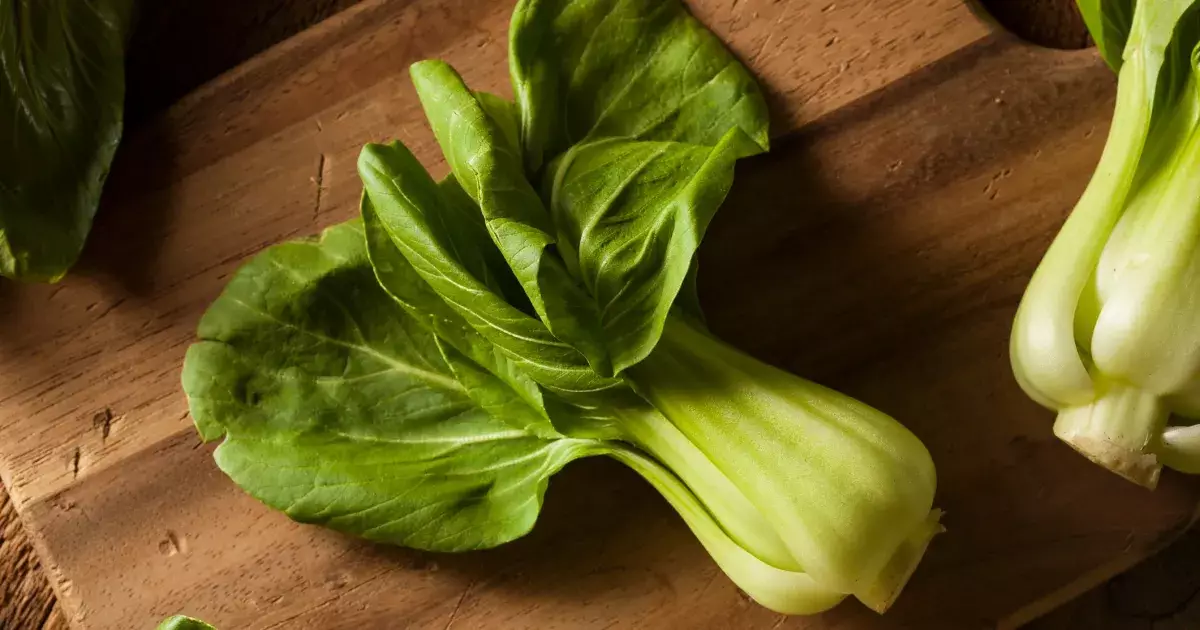When considering what foods can be safely introduced into your dog’s diet, bok choy deserves a prominent mention. Surprisingly packed with nutrients, this leafy green not only is safe for canine consumption but also offers a variety of health benefits. Rich in antioxidants, fiber, and vitamins, bok choy can contribute positively to your pup’s overall well-being. The leaves are particularly beneficial, as they boast high levels of vitamin A and folate, essential nutrients that help promote healthy eye function and cellular development in dogs.
Understanding the Components of Bok Choy
It’s crucial to differentiate between the various parts of bok choy when incorporating it into your dog’s meals. The leafy greens, often bright green and tender, are where the real nutritional value lies. In contrast, the white stalks provide minimal health benefits, so it is reasonable to exclude them from your dog’s portion. This means that while your furry friend might enjoy munching on the stalks for their crunchy texture, it is the leafy greens that truly pack a dietary punch. Consequently, when preparing bok choy, focus on the leaves to ensure your dog reaps the maximum health benefits.
Preparation Matters: Cooking Bok Choy for Dogs
Dogs process food differently than humans do, making preparation methods important when serving bok choy. Raw leafy greens can be served, but cutting them into smaller pieces enhances digestibility. In some cases, pureeing the leaves can be even more beneficial, allowing for easier digestion and absorption of nutrients. When opting for a cooked version, stick to gentle steaming or blanching, avoiding oils, salts, and seasonings completely. Human diets often involve flavors that can upset a dog’s sensitive stomach, so simplicity is key in preparation.
Creative Treat Ideas with Bok Choy
Incorporating bok choy into your dog’s diet doesn’t have to be bland or repetitive. One inventive option is to blend bok choy into a refreshing puree and freeze it in ice cube trays, creating a delightful summer treat. This method not only rewards your pet with a tasty snack but can also serve as a hydrating treat during warmer weather. Additionally, consider mixing it with other dog-friendly vegetables for more variety in meals. Don’t forget to keep a watchful eye on your pup’s reaction to new foods, and introduce bok choy gradually to monitor for any adverse effects.
Consulting Your Vet for Dietary Changes
While bok choy is generally safe for dogs, it is imperative to consult with your veterinarian before making any significant changes to your dog’s diet. Every dog is unique, and individual health conditions may dictate different dietary needs. Your vet can provide personalized advice and ensure that bok choy is a suitable addition to your furry friend’s nutrition plan. When in doubt, always prioritize professional guidance to ensure your pet’s health and happiness.

